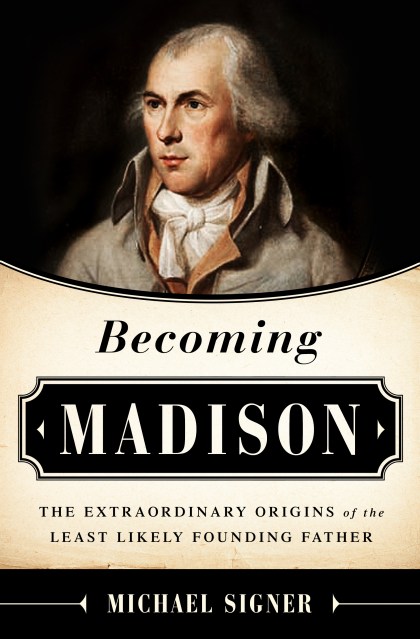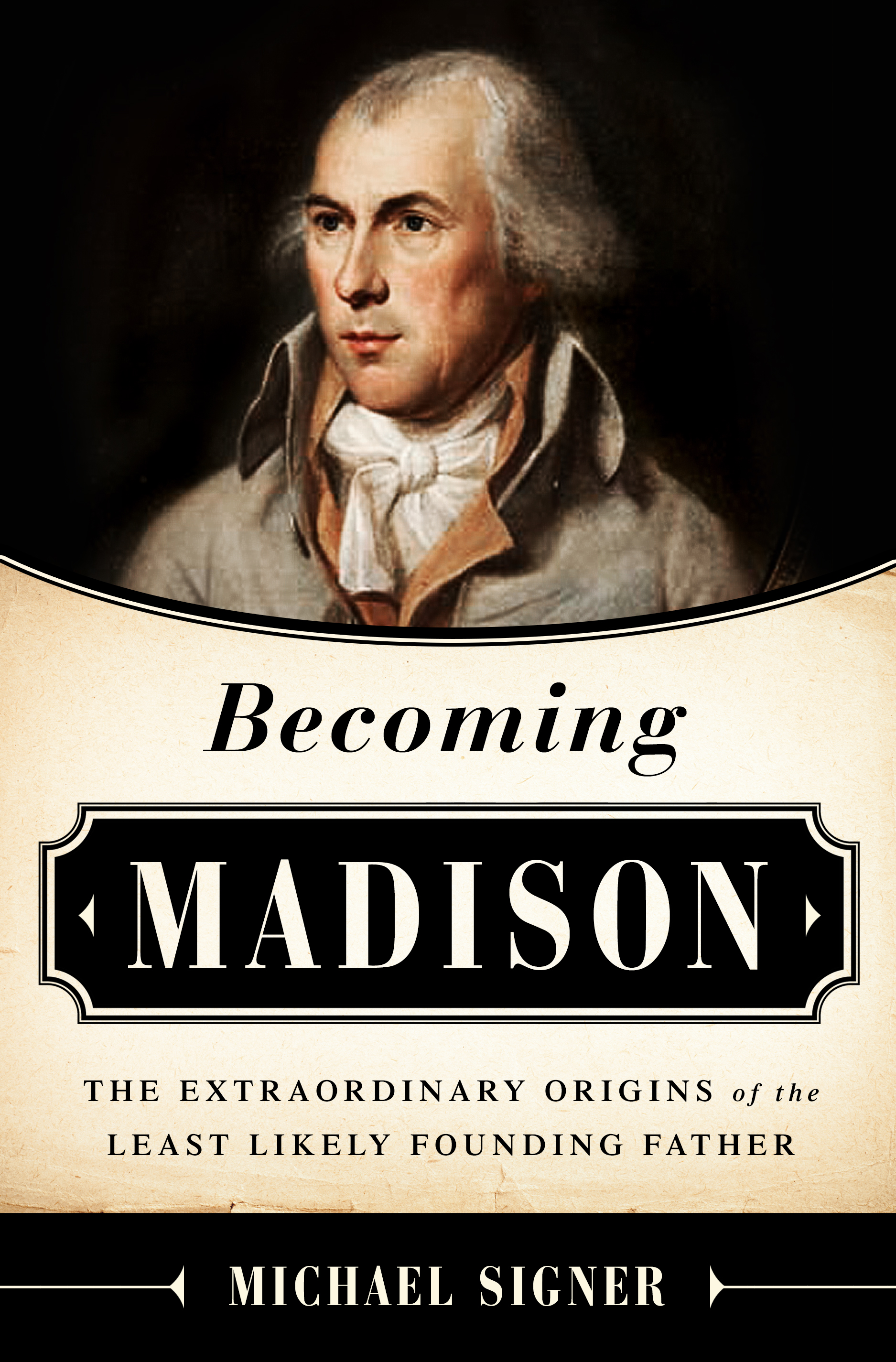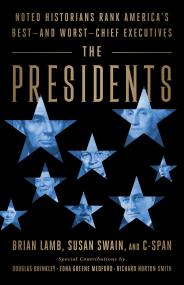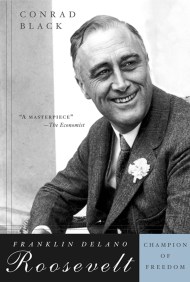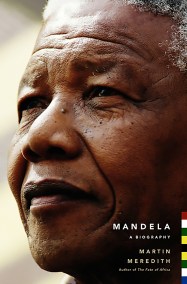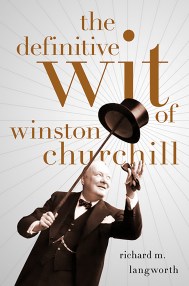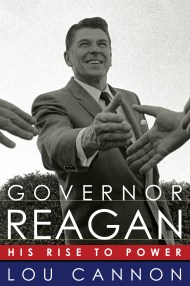By clicking “Accept,” you agree to the use of cookies and similar technologies on your device as set forth in our Cookie Policy and our Privacy Policy. Please note that certain cookies are essential for this website to function properly and do not require user consent to be deployed.
Becoming Madison
The Extraordinary Origins of the Least Likely Founding Father
Contributors
Formats and Prices
- On Sale
- Mar 10, 2015
- Page Count
- 384 pages
- Publisher
- PublicAffairs
- ISBN-13
- 9781610392969
Price
$14.99Price
$19.99 CADFormat
Format:
- ebook $14.99 $19.99 CAD
- Hardcover $28.99 $36.00 CAD
This item is a preorder. Your payment method will be charged immediately, and the product is expected to ship on or around March 10, 2015. This date is subject to change due to shipping delays beyond our control.
Buy from Other Retailers:
Michael Signer takes a fresh look at the life of our fourth president. His focus is on Madison before he turned thirty-six, the years in which he did his most enduring work: battling with Patrick Henry — the most charismatic politician in revolutionary America, whose political philosophy and ruthless tactics eerily foreshadowed those of today’s Tea Party — over religious freedom; introducing his framework for a strong central government; becoming the intellectual godfather of the Constitution; and providing a crucial role at Virginia’s convention to ratify the Constitution in 1788, when the nation’s future hung in the balance.
Signer’s young James Madison is a role model for the leaders so badly needed today: a man who overcame daunting personal issues (including crippling anxiety attacks) to battle an entrenched and vicious status quo. Michael Signer’s brilliant analysis of “Madison’s Method,” the means by which Madison systematically destroyed dangerous ideas and left in their stead an enduring and positive vision for the United States, is wholly original and uniquely relevant today.
Newsletter Signup
By clicking ‘Sign Up,’ I acknowledge that I have read and agree to Hachette Book Group’s Privacy Policy and Terms of Use
